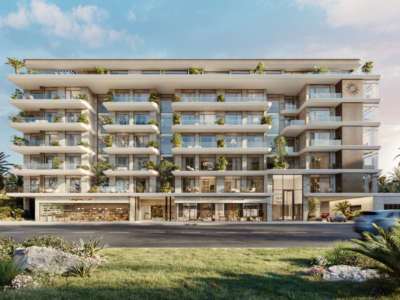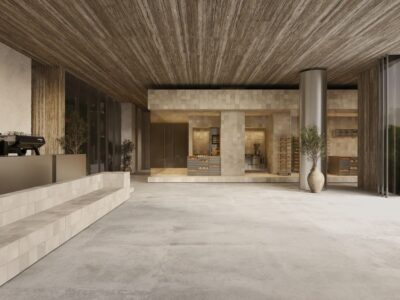The Dubai mortgage market declined in value by around a fifth year-on-year during the third quarter of 2010, and saw little growth in the nine months to September 30, 2010, official figures from the Dubai Land Department have showed.
During the first nine months of 2010 some 2,491 mortgages, with a collective value of AED29.664bn ($8.07bn), were registered with the official Dubai Land Department (DLD) website.
Compared to the year-earlier period, this represents a 2.55 percent rise in volume and a 0.99 percent rise in value for the Dubai mortgage market.
In the third quarter, the number of mortgages registered with the DLD between July and September declined 26 percent on the year-earlier period, and their value declined 21.8 percent, indicating that banks remain wary of increasing their mortgage exposure.
Lending criteria among local banks remains tight in the wake of the credit crunch, when local banks were badly burned when Dubai’s real estate market collapsed, said Mohammad Nasr Abdeen, CEO of Abu Dhabi-based Union National Bank (UNB). Though liquidity was not a major issue, Dubai lenders remain risk averse, he said.
“For bankers to go back to lending they need to build confidence that there is a good business and there is a good risk to take,” said Abdeen. “The mortgage market is facing difficulties of course… because of the very sharp reduction in [Dubai] prices. Securities that were considered good for the banks at the time of lending is not that good [now], because of the reduction in prices.”
Abdeen said it was likely to take “a year or two” for the mortgage market to recover and begin to see strong growth again.
“Lending is long term so you need to take into count the ups and down,” he said.
Dean Biddulph, general manager of Independent Finance, which advises consumers on home loan options available in Dubai, said third quarter results would also have been affected by the summer lull.
“The third quarter has indeed been quieter than 2009, possibly as people though prices would further fluctuate after summer and Ramadan,” he said, adding that the slow market may be partially due to an increase in end-users, rather than investors.
Dubai-based property management company Asteco last week reported that average apartment prices in the emirate had dropped by six percent in the third quarter of 2010.
“This is mainly attributed to the increasing supply of apartments. However, we have also seen increased sales activity, predominantly due to owners who are expected to take handover of their unit but are unable to make the final payment, which often constitutes a large percentage of the overall sales price,” Asteco’s Q3 2010 report said.
While Dubai is lagging behind, the mortgage market in the UAE as a whole is looking more upbeat. A report last month by the UAE Central Bank found that the value of mortgages lent by the 23 national banks and 28 foreign banks in the emirates rose by around AED18bn ($4.9bn) to a total of AED159.8bn ($43.51bn) in the first six months of 2010, an increase of 12.7 percent.







